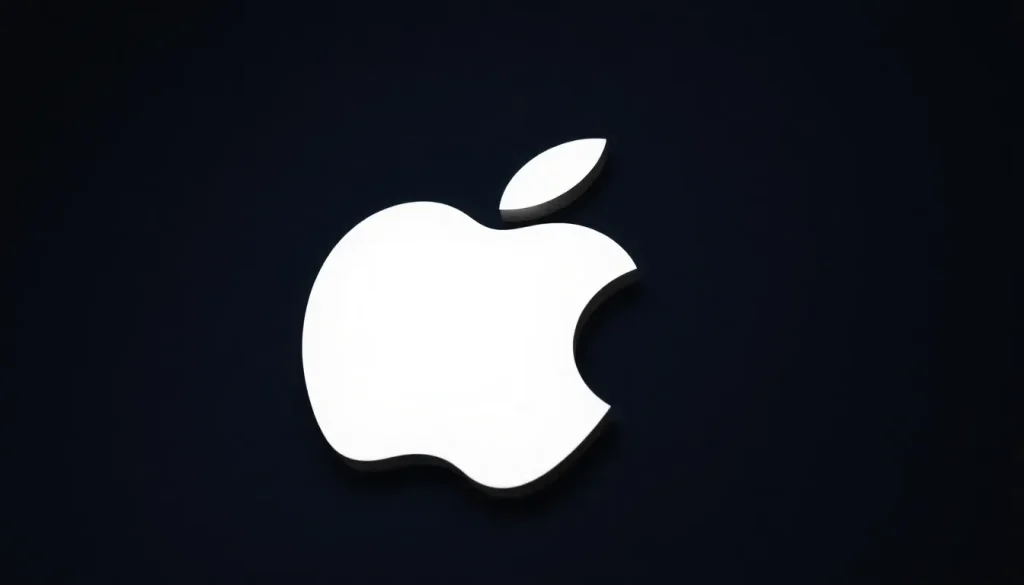Apple's EU Digital Markets Act antitrust issue may be resolved soon

As Apple navigates the complex landscape of European regulations, it finds itself on the brink of a potential resolution regarding its antitrust issues with the European Commission. This development could significantly impact the company, particularly concerning its App Store policies and the financial penalties that have loomed over it.
The ongoing antitrust battle is rooted in the European Union's implementation of the Digital Markets Act (DMA), aimed at curbing the dominance of tech giants. Recent reports suggest that Apple and the EU may be closing in on an agreement, which could alleviate the financial pressure Apple has faced due to potential daily fines.
Current status of Apple's antitrust case
Apple is reportedly in the final stages of negotiations with the European Commission regarding its compliance with the DMA. According to sources cited by the Financial Times, both Apple and Meta are seeking to reach a settlement that would prevent escalating daily fines, which could amount to approximately $58 million per day.
In April, Apple was initially hit with a fine of $570 million. The ongoing discussions seem to indicate that a resolution may be on the horizon, although the timeline for this potential agreement remains unclear.
Rule adjustments to comply with the Digital Markets Act
The core of the EU's concerns revolves around Apple's App Store policies, particularly regarding developer fees and anti-steering rules. In June, Apple announced its commitment to modifying these policies to align with the DMA's requirements. Key changes included:
- Allowing developers to offer multiple links to alternative payment platforms within their apps.
- Replacing the previous Core Technology Fee with three new fee structures: the Initial Acquisition Fee, Store Services Fee, and a revised Core Technology Fee.
- Reducing the maximum cost for developers to a potential 20% of in-app purchase prices.
These adjustments were perceived as an attempt to satisfy the European Commission and avoid further fines. Apple has maintained that these fees were established following consultations with the Commission, though it remains uncertain whether these discussions were fruitful.
Shifting policy goalposts and compliance challenges
Since Apple's announcement in June, the EU has refrained from issuing additional fines. This pause may be influenced by external factors, including pressure from the United States government, which has voiced concerns about potential discriminatory practices against American companies by the EU.
Despite Apple's efforts to comply, the company has expressed dissatisfaction with the EU's evolving standards for compliance. Kyle Andeer, Apple's chief compliance officer, remarked, "We did what we had to do to avoid the threat of future significant fines." However, Apple has also claimed that the EU's shifting requirements have made it difficult to ascertain what constitutes compliance.
The European Commission asserts that it is committed to ensuring fair competition and has indicated that compliance means providing real choices for developers and users, free from manipulation by dominant market players. Nonetheless, the Commission has warned that if Apple continues to breach the DMA, it may resort to additional penalties.
Potential implications of a settlement
Reaching a settlement could have far-reaching implications for Apple, particularly as it seeks to maintain its position in the European market. The potential agreement may not only prevent hefty fines but also establish a framework for how Apple interacts with developers moving forward.
Such a resolution could pave the way for the following outcomes:
- Greater transparency in App Store policies, fostering a more competitive environment for developers.
- A potential blueprint for how tech companies navigate regulatory landscapes in Europe and beyond.
- Reduced tensions between U.S. tech giants and European regulators, potentially easing future negotiations.
As the negotiations progress, many are watching closely to see if a final agreement can be reached that satisfies both Apple and the European Commission.
Impact on the broader tech industry
The outcome of Apple's dispute with the EU could resonate beyond the company itself, influencing how other tech giants approach compliance with the DMA and similar regulations globally. The Digital Markets Act aims to level the playing field for smaller competitors, and the resolution of this case may set important precedents for future enforcement actions.
Industry experts believe that a successful settlement could encourage other companies to reconsider their own practices regarding app store policies and developer fees. This could lead to:
- Increased competition among app developers, resulting in better services and pricing for consumers.
- More collaborative relationships between regulators and tech companies, fostering innovation while ensuring fair competition.
- A shift in market dynamics, as smaller players gain a foothold against dominant market leaders.
Ultimately, the resolution of Apple's antitrust case with the EU may not only reshape its own business practices but also redefine the competitive landscape in the tech industry.
For further insights into the implications of antitrust regulations affecting tech giants, you can watch this informative video:




Leave a Reply